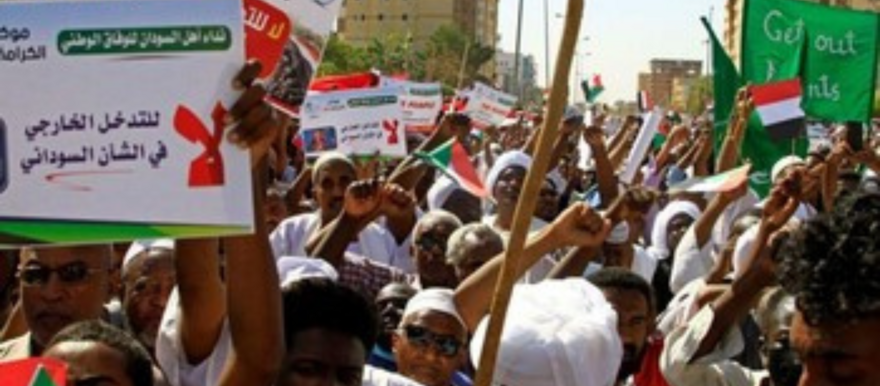Sudan’s political actors and international partners should ensure that progress on human rights and accountability for serious human rights violations are central to any new transition, Human Rights Watch said Tuesday.
On December 5, 2022, the Forces of Freedom and Change (FFC), which formed the civilian component of the former transitional government, signed a new “framework agreement” with the military leadership and other political parties. The document lays out basic principles and government structures but defers five key contentious issues, including transitional justice and security sector reform, to a second phase of talks.
“The last 14 months have shown how widespread impunity fosters more killings and other abuses,” said Mohamed Osman, Sudan researcher at Human Rights Watch. “Accountability is critical for the future and should not be swept under the rug.”
This agreement comes over a year after military leaders ousted the power-sharing transitional government on October 25, 2021 and killed 122 people in the protests that followed.
The agreement states that the incoming transitional government will be formed by civilians and that all government forces will be under civilian leadership. The agreement lays out general principles for the formation of the transitional institutions and reiterates commitments to promote freedoms and rights and accountability, and to reform security forces. The agreement, however, fails to spell out any clear timeframes, details, or benchmarks for justice and security sector reform, stating that plans are to be discussed at a second stage.
Protest groups, including resistance committees, rejected the agreement.
The FFC contends that deferring justice and security sector reform plans to a later phase allows for more consultation with stakeholders and families of those killed.
Since the military coup, security forces have been violently dispersing peaceful protests. Security forces have carried out widespread arbitrary arrests, incommunicado detention, and in some cases ill-treatment, torture, and sexual violence.
Rifaat Makkawi, a lawyer working with families of those killed in post-coup protests, said that there have been no effective steps to investigate or prosecute those responsible. “Many of the obstacles we are facing, such as lifting immunity of officials or getting prosecutors to collect evidence instead of asking families to take on that burden, are problems we also had during the transition,” he told Human Rights Watch.




